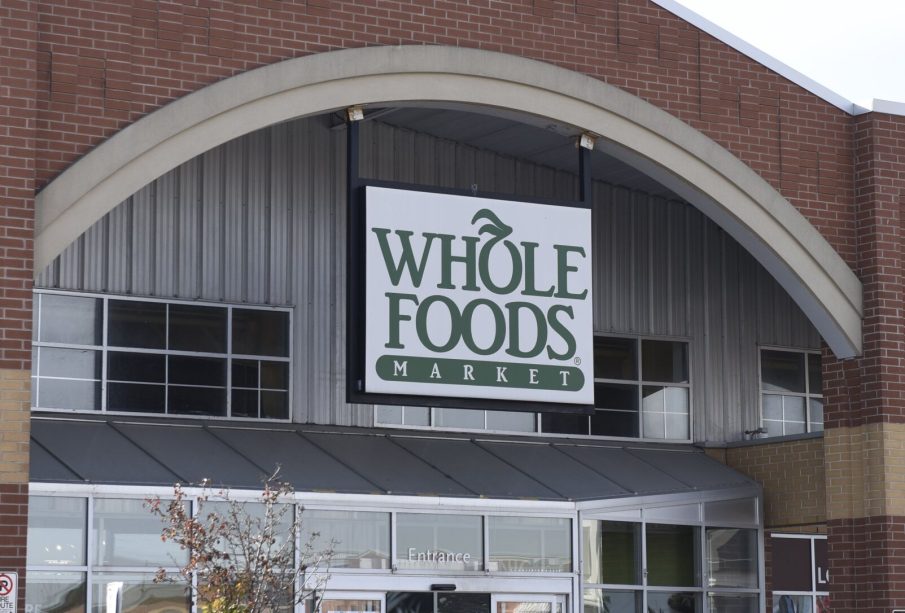Whole Foods Announces Closure of Toronto Stores: What It Means for Locals

Introduction
In a significant shift in the retail landscape, Whole Foods Market has announced the impending closure of several of its stores in Toronto. This decision has raised concerns among local customers and employees who rely on the chain for organic and sustainable groceries. The closures are part of a strategic re-evaluation by the company, as it adapts to changing consumer preferences and increased competition in the grocery sector.
The Details of the Closures
Whole Foods, a subsidiary of Amazon, confirmed that it will close three of its six Toronto locations due to a review of operational performance and profitability. The affected stores include the locations in the downtown area, known for their extensive range of organic products and prepared foods. The closures are set to take effect by the end of the year, leaving many shoppers searching for alternatives in a market that has become increasingly varied.
The closures have been attributed to a decline in foot traffic, influenced by the rise of online grocery shopping and budget-friendly alternatives offered by other supermarkets. A spokesperson for Whole Foods stated, “As we focus on enhancing our core offerings, we must also make decisions that allow us to operate efficiently in today’s market. These changes are aimed at improving our overall service to customers in Toronto and beyond.”
Impact on the Community
The closure of Whole Foods stores is expected to profoundly affect local communities, with many staff members facing uncertainty. Approximately 200 employees will be impacted, raising concerns about job loss in an already competitive labor market. Additionally, many consumers who have adopted Whole Foods as their go-to provider for organic and specialty items will need to adjust their shopping habits.
Local residents have expressed disappointment, citing Whole Foods’ commitment to quality and sustainability as significant factors in their shopping preferences. The closures may also lead to reduced access to organic groceries in these neighborhoods, which have seen a growing demand for health-conscious food options.
Conclusion and Future Considerations
As Whole Foods navigates these tumultuous times, industry experts predict a continued focus on streamlining operations and enhancing online shopping experiences. Customers in Toronto may see a shift in their grocery shopping habits as they explore other retailers or adapt to the changing landscape of organic food availability.
The closures represent a pivotal moment not just for Whole Foods but for the grocery retail sector as a whole, showcasing the ongoing evolution in consumer preferences and the realities of urban retail management. For Toronto shoppers, the challenge will be to find alternatives that meet their expectations for quality and sustainability.







